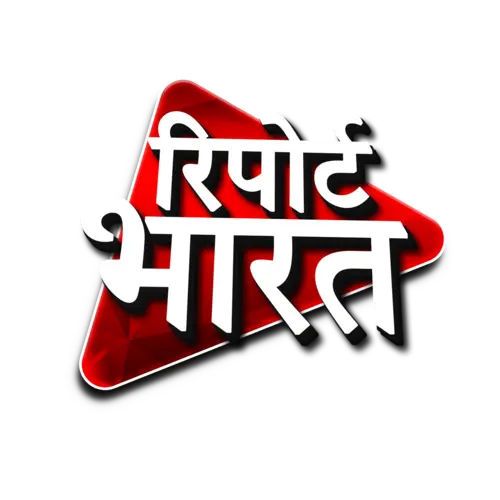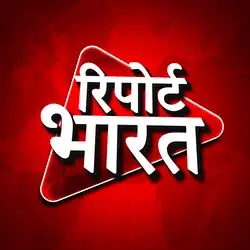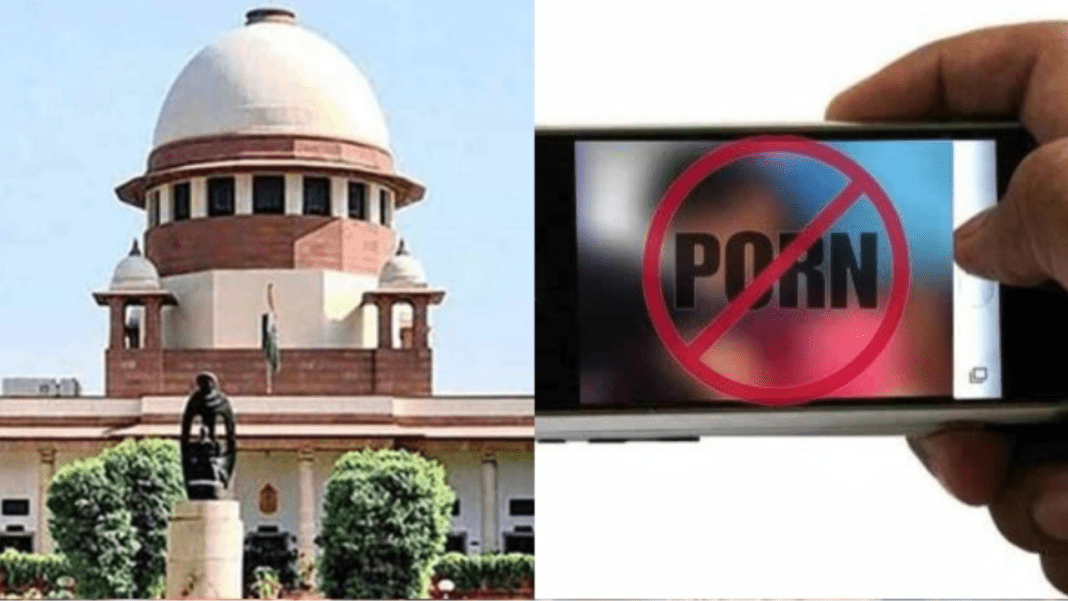Recently, the Supreme Court of India delivered a significant ruling regarding child pornography, declaring that viewing, uploading, or downloading such content is now considered a criminal offence. This decision overturned a previous ruling by the Madras High Court, which stated that viewing child pornography did not constitute an offence under the Protection of Children from Sexual Offences (POCSO) Act and Information Technology laws.
Details of the Ruling
The bench, consisting of Chief Justice D.Y. Chandrachud, Justice J.B. Pardiwala, and Justice Manoj Misra, emphasized the need to replace the term “child pornography” with “child sexual exploitative and abusive material” (CSEAM) in legal contexts. They asserted that possessing such content is also a crime, highlighting the severity of child sexual exploitation. Justice Pardiwala criticized the Madras High Court’s earlier decision as fundamentally flawed, stating that it failed to recognize the gravity of child sexual abuse materials. The Supreme Court has now reinstated criminal proceedings against individuals charged with these offences.
Background of the Case
This ruling was prompted by a petition from the NGO Just Right for Children Alliance, which challenged the Madras High Court’s decision that had dismissed criminal charges against a 28-year-old man for downloading child pornography on his mobile phone. The High Court had argued that mere possession did not constitute an offence unless there was evidence of transmission or dissemination.
Implications of the Ruling
The Supreme Court’s verdict is seen as a landmark judgment, marking a critical step in addressing child sexual exploitation in India. The court has urged Parliament to amend existing laws to ensure stricter penalties and clearer definitions regarding child sexual abuse materials. This ruling underscores the judiciary’s commitment to protecting children from exploitation and abuse in all forms.





